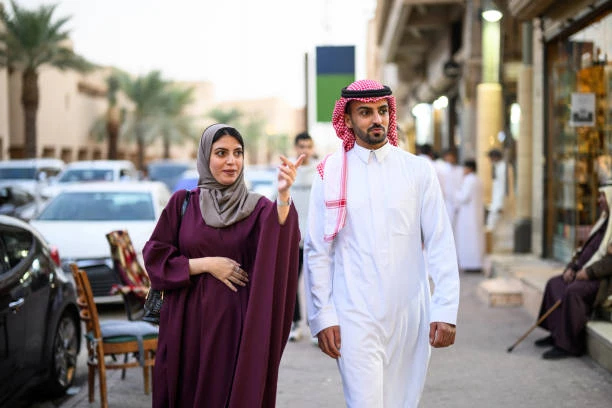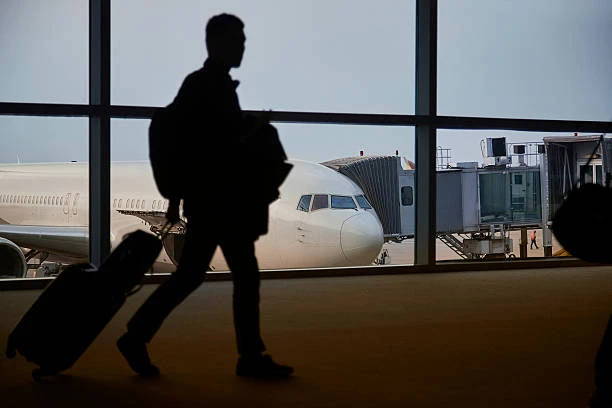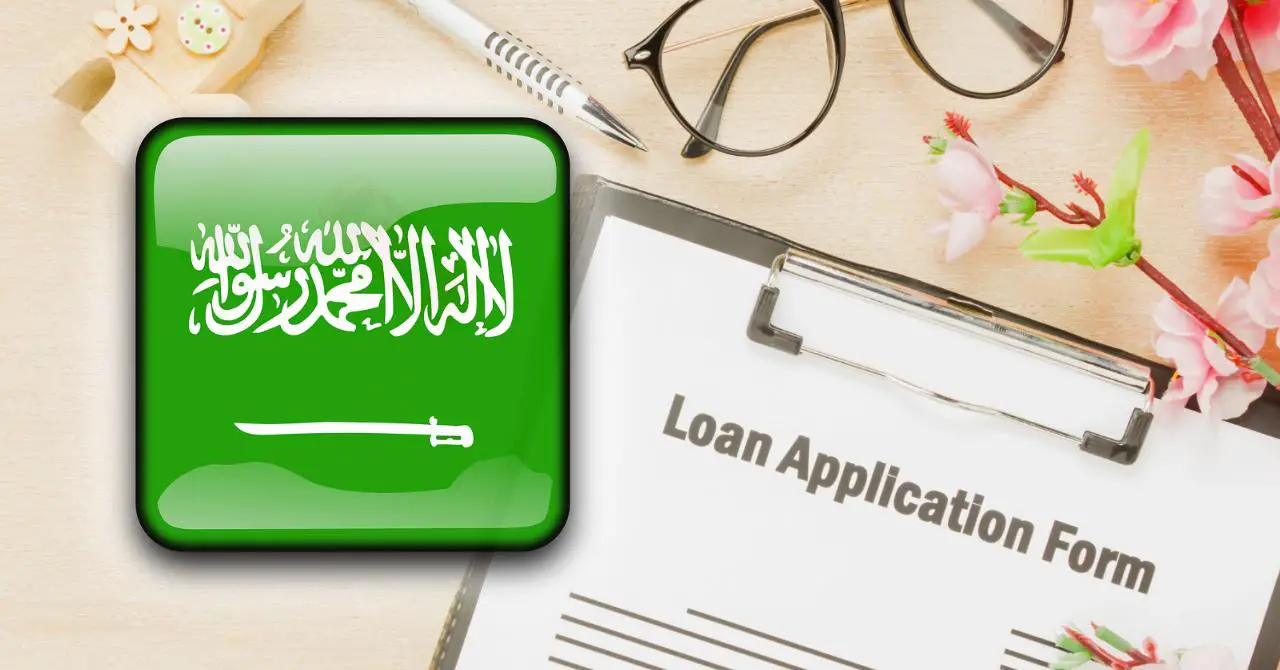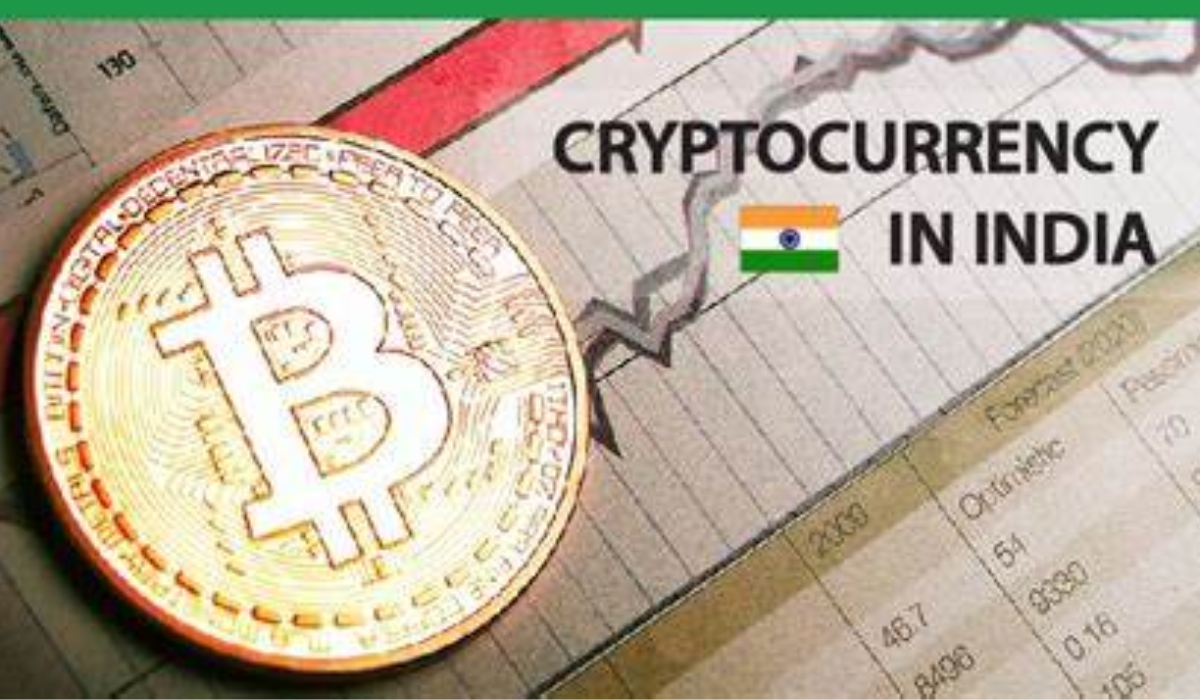Living in Saudi Arabia as an expat in 2025 is a unique experience shaped by the Kingdom's rich cultural traditions, rapid modernization, and economic growth. From the bustling streets of Riyadh to the coastal vibes of Jeddah, Saudi Arabia is increasingly becoming a destination for professionals, entrepreneurs, and families looking for new opportunities.
Let’s take a deeper look into Expat life in saudi arabia And what life looks like in Saudi Arabia this year along with improvements and how you can survive as an expat in this rapidly changing environment.
A Blend of Tradition and Modernity
Saudi Arabia is undergoing a remarkable transformation. Vision 2030, the country’s ambitious plan to reduce its dependency on oil and diversify its economy, has already begun to reshape the way expats experience life in the Kingdom. One of the most noticeable changes is the development of state-of-the-art infrastructure, including new urban projects, transportation systems, and recreational facilities.
For instance, Riyadh’s new Metro system is revolutionizing how people move around the city, reducing traffic and making commuting more sustainable. If you live in one of Riyadh’s luxury compounds like The Boulevard Riyadh or Al Diriyah Gate, you’ll have access to a lifestyle that blends comfort and convenience. These modern developments feature smart homes, private gyms, lush green spaces, and high-security measures to make expats feel right at home.
Expats can also enjoy a high quality of life in compounds that offer amenities such as international schools, swimming pools, restaurants serving global cuisines, and even community events. These areas foster a sense of community, making it easier for expats to feel connected and form friendships while adapting to Saudi culture.
The Growing Economy and Job Opportunities
One of the main reasons why expats choose Saudi Arabia is the country's strong economy. Thanks to Vision 2030, the Kingdom is diversifying its economy by investing in industries like tourism, entertainment, healthcare, technology, and renewable energy. As a result, there is an increasing demand for skilled professionals across various sectors.
Expats working in Saudi Arabia benefit from tax-free salaries, which is a huge advantage. On top of that, many companies offer attractive employment packages that include housing allowances, health insurance, and support for children’s education. In sectors like technology, healthcare, construction, and energy, expats can earn an average annual salary of SAR 277,500 (around £60,500). This salary range, along with tax-free income, makes it an appealing destination for people looking to save or invest for the future.
Some of the fastest-growing industries include IT, artificial intelligence, finance, and tourism. Major projects like the Red Sea Tourism Development, Neom, and Qiddiya are creating a lot of opportunities for engineers, architects, project managers, and hospitality experts. As more international companies set up shop in Saudi Arabia, English is widely spoken in business, though learning Arabic can be a huge bonus, especially if you want to build strong relationships with your colleagues and clients.
There’s also room for entrepreneurs. With the government’s push to diversify the economy, starting a business in sectors like entertainment, tech, or education has never been easier. The government is offering incentives for foreign investors and entrepreneurs, such as tax breaks and support for new ventures.
Education and Schools for Expats
For families moving to Saudi Arabia, one of the biggest concerns is ensuring that children receive a quality education. The good news is that the Kingdom offers a wide range of international schools that cater to the needs of expat children. These schools follow various curriculums, including British, American, and the International Baccalaureate (IB), so parents can choose the right fit based on their home country’s educational system.
International schools are located in major cities like Riyadh, Jeddah, and Dhahran, providing a high standard of education. These schools are equipped with modern facilities, and many of them offer extracurricular activities like sports, arts, and music, which help children adjust to life in a new country.
Education in Saudi Arabia is heavily influenced by Islamic culture, and while international schools generally teach in English, the curriculum often incorporates aspects of Saudi culture and values. There are also many opportunities for extracurricular learning, including the chance to learn Arabic, understand Saudi customs, and participate in local festivals.
In addition to K-12 education, higher education in Saudi Arabia is growing rapidly. Universities like King Saud University and King Abdullah University of Science and Technology (KAUST) offer world-class education, and many offer programs in English. Saudi Arabia is increasingly attracting international students, and there are scholarships available for talented individuals looking to pursue higher education in the Kingdom.
Housing and Cost of Living
One of the most common concerns for expats moving to Saudi Arabia is the cost of living. While Saudi Arabia offers an overall affordable lifestyle compared to many Western countries, the cost can vary depending on the city and the lifestyle you choose.
Housing is the largest expense, and the cost of renting an apartment in central areas like Riyadh or Jeddah can range from SAR 2,500 to 4,000 per month for a one-bedroom apartment. If you opt for a residential compound with additional amenities, the rent can be higher, but you’ll get access to community facilities such as swimming pools, gyms, and 24/7 security.
While housing might be one of the biggest expenses, groceries and dining out are relatively affordable. Monthly grocery bills for one person typically range from SAR 600 to 1,000, and eating at local restaurants is inexpensive, with meals costing around SAR 20–35. Saudi Arabia’s low fuel prices make owning a car more affordable, and many expats prefer driving as it offers greater flexibility and convenience. The monthly cost of owning and maintaining a car is usually around SAR 300–500.
Cultural Adaptation and Social Life
Saudi Arabia is a country with deep cultural and religious roots, and understanding local customs is key to adapting to life as an expat. One of the most significant cultural events for expats is Ramadan, the Islamic holy month of fasting. During Ramadan, many businesses adjust their working hours, and there is a strong sense of community as people gather for iftar (the meal to break the fast) and enjoy evening prayers. It’s a wonderful time to experience the generosity and hospitality of Saudi people.
Saudi Arabia has strict social codes, and respecting the dress code and public behavior is essential. Modest clothing is expected, especially for women, though there have been some relaxations in recent years. For men, it’s common to wear traditional clothing like the thobe, while women may choose to wear the abaya (a loose-fitting black robe) in public, although in more liberal areas like Riyadh and Jeddah, the dress code is less rigid.
Gender segregation in public spaces still exists, although it has become more relaxed in recent years, especially in private spaces like hotels and international companies. Expats are generally expected to respect these social norms, but it’s also common to see changes in the way younger generations approach these issues.
Legal and Residency Considerations
In the past, expats in Saudi Arabia were required to have a sponsor (usually an employer) to live and work in the country. However, in recent years, the government has introduced Premium Residency, which allows expats to live and work in Saudi Arabia without a sponsor. This residency program offers more independence, including the ability to own property and sponsor family members. It’s part of Saudi Arabia’s effort to attract more global talent and make the country a more attractive destination for expats.
While the Premium Residency program provides more flexibility, the Iqama (residency permit) system is still widely used by many expats. The government is also working on improving the process for obtaining visas and residency permits, making it easier for expats to live and work in the Kingdom.
Healthcare and Quality of Life
Saudi Arabia provides high-quality healthcare, with modern hospitals and clinics available throughout the country. Expats usually receive health insurance through their employers, which covers most medical expenses. The healthcare system in Saudi Arabia is modern, and many doctors and healthcare workers are trained internationally. In addition to healthcare, many residential compounds and urban areas have world-class facilities such as gyms, parks, and recreational spaces.
Challenges for Expats
Despite its many advantages, life in Saudi Arabia can come with some challenges. The most obvious is the climate. From May to September, temperatures can soar above 40°C (104°F), making outdoor activities uncomfortable. It’s important to stay hydrated, wear appropriate clothing, and avoid spending too much time outside during the hottest parts of the day.
Another challenge is adjusting to the country’s strict laws and regulations. Alcohol is strictly prohibited, and public behavior is monitored. Expats may find the restrictions around entertainment, dress codes, and gender segregation difficult at first, but with time, many come to appreciate the unique aspects of Saudi culture.
Conclusion for Expat life in saudi arabia
Living as an expat in Saudi Arabia in 2025 offers a combination of modern amenities, economic opportunity, and rich cultural experiences. Whether you're here for work, to start a business, or to raise a family, Saudi Arabia presents a host of opportunities. From growing industries and tax-free salaries to world-class education and healthcare, the Kingdom provides a high standard of living for expats. While cultural and climate challenges exist, the rewards of living in one of the fastest-developing countries in the world make it a destination worth considering.
Whether you’re looking to advance your career, experience new cultures, or explore the Kingdom’s natural beauty, Saudi Arabia is a land of exciting possibilities for expats in 2025.
FAQs for Expat life in saudi arabia
1. What job opportunities are there for expats in Saudi Arabia?
Saudi Arabia offers many job opportunities, especially in sectors like healthcare, technology, construction, and tourism. The Vision 2030 plan is creating jobs, and many companies offer good salaries with benefits like housing and health insurance.
2. Is it easy to find housing in Saudi Arabia?
Yes, housing is available in Saudi Arabia, especially in big cities like Riyadh and Jeddah. Many expats live in compounds with good amenities, but rent can be higher in popular areas. A one-bedroom apartment can cost between SAR 2,500 to 4,000 a month.
3. What is the cost of living like in Saudi Arabia?
The cost of living is affordable. Groceries and meals out are inexpensive. Housing and utilities are also low, and there are no income taxes for expats. Car ownership is affordable too due to low fuel prices.
4. How is the education system for expat children?
There are many international schools in Saudi Arabia, offering British, American, and IB curricula. These schools provide quality education and extra activities, helping expat children adjust to life in the Kingdom.
5. What challenges do expats face in Saudi Arabia?
Expats may face cultural challenges, such as strict dress codes and public behavior rules. The hot summer weather can also be tough. However, with some adaptation, expats can enjoy living and working in Saudi Arabia.








